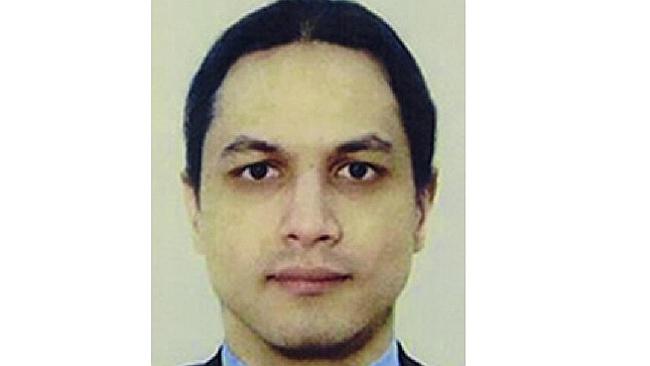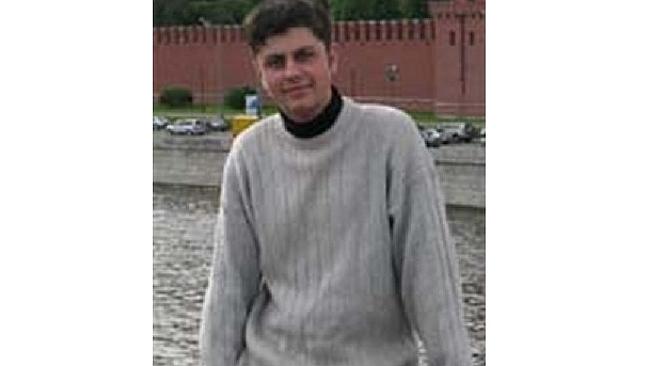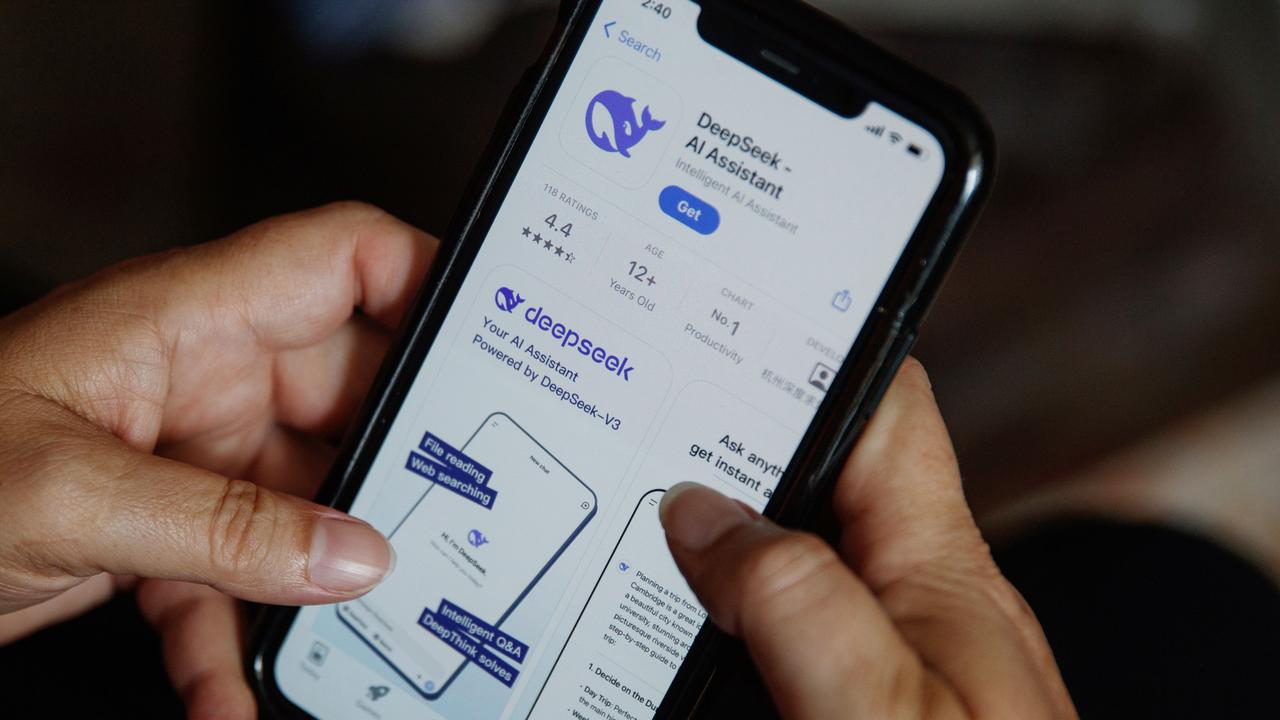The world’s most wanted cyber criminals
THESE are the men who have hacked their way to steal secrets, empty bank accounts and scam companies out of millions of dollars.
ESPIONAGE, terrorism, hacking and fraud. These are the acts being committed by cyber criminals across the world and the FBI has a list of their most wanted.
The FBI is known for its infamous list containing murderers, rapists and international terrorists but the bureau’s other corkboard profiles the most prolific hackers and schemers.
There are 15 faces on the FBI’s most wanted cyber criminal list with alleged crimes ranging from stealing trade secrets to stealing personal information or duping unwitting internet users to empty their bank accounts. They hail from all different parts of the world but the one thing they all have in common is a price on their capture.
Andrey Nabilevich Taame

Reward: Up to $50,000
Was allegedly involved in “Operation Ghost Click” a malware that caused compromised computers to connect to the internet through servers that Taame and his co-conspirators controlled rather than a usual service provider. This meant it redirected users to websites they did not intend to visit allowing Taame to hijack this internet traffic for the purpose of online advertising fraud where a website would pay for visitors. The FBI says Taame compromised more than 4 million computers worldwide and claimed 500 victims to steal a reported US$14 million ($A15.1 million). He was one of six conspirators and is the only one still at large.
Alexsey Belan

Reward: Up to $100,000
With the highest bounty of all on the list Alexsey, who worked as a computer engineer, is wanted for reportedly hacking into the computer networks of three major US e-commerce companies to steal user databases, passwords and accounts, which he then sold. He has been evading the FBI since 2012 and has been known to jump from country to country including Latvia and the Maldives.
Peteris Sahurovs

Reward: Up to $50,000
Wanted for his alleged involvement in a cybercrime scheme that defrauded internet users of more than US$2 million, Sahurovs contacted an online newspaper claiming to work for an advertising agency representing a hotel chain that wanted to place an ad on the publication’s website. After using fraudulent references and bank accounts to deceive the newspaper he provided electronic files that ran on the site. He then replaced the file with malicious code which infected all users who visited the site. The malware effectively locked up users computers and prompted victims to pay US$49.95 to regain control of their computer. He repeated this offence several more times with other online businesses.
Carlos Enrique Perez-Melara

Reward: Up to $50,000
In 2003 Melara ran a website that advertised software called “Lover Spy” which users could purchase to spy on cheating lovers. The program would capture everything victims typed on their keyboards as well as intercepting emails and communication from their computers. It is estimated he sold thousands of copies of the software. While the FBI claims he did not benefit from the personal information gathered the intrusive nature of the crime warrants his arrest.
Noor Aziz Uddin and Farhan Ul Arshad

Reward: Up to $50,000 each
The pair from Pakistan is accused of an international telecommunications hacking scheme that defrauded individuals, companies and government bodies in excess of US$50 million. It involved compromising a business telephone system which was used to generate calls to premium numbers. Victims were then billed for the calls, which were often hefty charges even though they didn’t even initiate the calls. The scheme ran from 2008 to 2012 and involved an organisation that spanned across Pakistan, Phililipines, Saudi Arabia, Switzerland, Spain, Singapore and more.
Bjorn Daniel Sundin and Shaileshkumar P. Jain

Reward: Up to $20,000 each
From 2006 to 2008 Sundin and Jain allegedly took part in a “scareware” scheme that deceived internet users into believing their computers had been infected with critical errors. By hijacking the browser of users they deployed fake virus scans and system failure messages that would bombard the victim’s computer. They lured users to purchase versions of software products advertised by their company Innovative Market Inc. in order to fix the problems. Those who actually bought the fake software had their money deposited directly into bank accounts owned by those involved. It is reported more than US$100 million was gained from unwitting consumers. If anybody complained about the fraudulent software they even had in place a call service centre that would lie or provide refunds in order to prevent any reports to the authorities.
Sun Kailiang, Huang Zhenyu, Wen Xinyu, Wang Dong, Gu Chunhui

Reward: not listed
These five men were officers of the People’s Liberation Army of the People’s Republic of China and have been indicted by the FBI for 31 criminal counts including economic espionage and theft of trade secrets. They are accused of penetrating six American companies while they were involved in negotiations, joint ventures or pursuing legal action against Chinese entities. They were then able to steal private information including email exchanges, trade secrets and even design specifications for a nuclear power plant. Each member was allegedly involved in the conspiracy according to their expertise. Some would control user computers while others would intercept or send malicious emails.
Artem Semenov

Reward: Up to $50,000
The Russian national is part of an Eastern European crime ring and worked out of New York in an alleged operation that recruited money mules to open bank accounts, cash out unauthorised money transfers and send it overseas. He committed the accused acts through use of a fake passport and identity theft. It is believed Semenov likes frequenting casinos and may have travelled to Las Vegas.
Alexandr Sergeyevich Bobnev

Reward: Up to $50,000
Indicted in 2008 on counts of wire fraud and money laundering Bobnev also has been accused for his participation in a money laundering scheme that hacked into the accounts of investment services. He allegedly compromised the accounts and transferred funds out of the accounts where money mules would send the money back to him. In 2007 Bobnev reportedly attempted to wire over US$350,000 from accounts he infiltrated.



